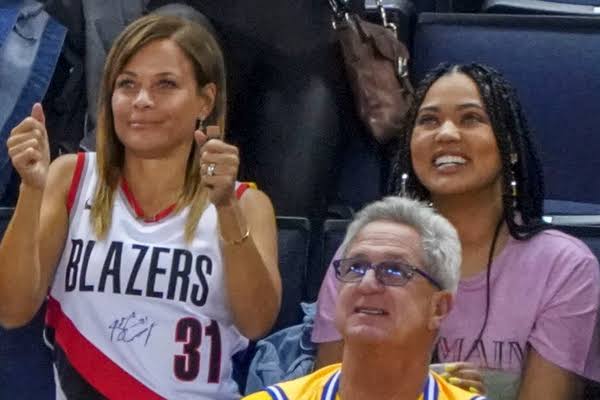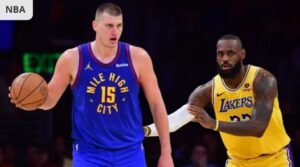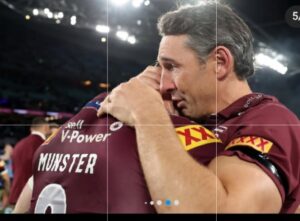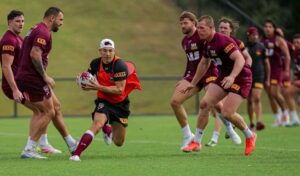
Sonya Curry Opens Up About Battling Racism, Depression and Finding Strength Through Adversity
Sonya Curry, mother of NBA superstar Stephen Curry, has faced numerous hardships throughout her life. Reflecting on her childhood with a mix of pride and sorrow, she shared her struggle with depression and severe anxiety, revealing how deeply these battles were intertwined with her experiences growing up in a rural, poverty-stricken Black community in Virginia. Life was a constant fight against adversity, with racism and bullying following her every step. She recalls walking alongside her mother, Candy Adams, for five miles in the 1960s just to attend the nearest All-Black school. “We didn’t think it was that bad then,” Sonya says, recalling that difficult time. “When I tell people today, they say how horrible it was. But it was normal to us. We didn’t know any better.”
Yet, the struggles didn’t stop there. At just 11 years old, Sonya was assigned as the scorekeeper for her family’s all-Black women’s softball game against an all-white team. Before the game began, a person wearing a white hood entered the field and set a cross on fire—an overt act of intimidation. The event sparked a violent brawl between the teams, forcing the game to be called off. The memory of that terrifying moment stayed with Sonya, a painful reminder of the prejudice she faced. Still, she persisted in her efforts to fit in, believing that excellence in certain areas might provide an escape from the struggles around her.
At Radford High, where less than 1% of the students were Black, Sonya threw herself into sports—volleyball, basketball, and track and field—determined to create her place in a world that had no space for her. “You had to play sports. I had to be the best to force them to play with me,” she said. Her dedication paid off. Sonya excelled, earning a scholarship to Virginia Tech, where she became the first person in her family to earn a college degree in education.
Despite her academic success, Sonya continued to grapple with a lingering identity crisis. On the Travis Hearn Podcast, she spoke candidly about this struggle. Hearn, also the Phoenix Suns’ team pastor, asked about her sense of belonging: “I didn’t really fit in with this group. But I didn’t necessarily fit in with this group either. I almost felt like, where’s my role? Or where do I fit?” Sonya, now 58, admitted that her journey was one of trial and error, much like many others. “I just did the best that I could do,” she said, acknowledging how she tried to navigate her way through the confusion and uncertainty.
Her time in high school provided a turning point. Though she wasn’t initially given access to certain advanced classes, Sonya observed that her peers—especially those she knew were aiming for careers in medicine and law—were enrolled in them. She didn’t understand the subject matter, but she recognized their ambition and wanted to align herself with it. “I was good in athletics… that’d be good to get a scholarship,” she said, using that as motivation to pursue higher education. While her rationale wasn’t fully formed, this moment helped Sonya realize her own drive and determination. Through the fire of adversity, she discovered a resilience within herself that would propel her toward a future of success and self-discovery.




